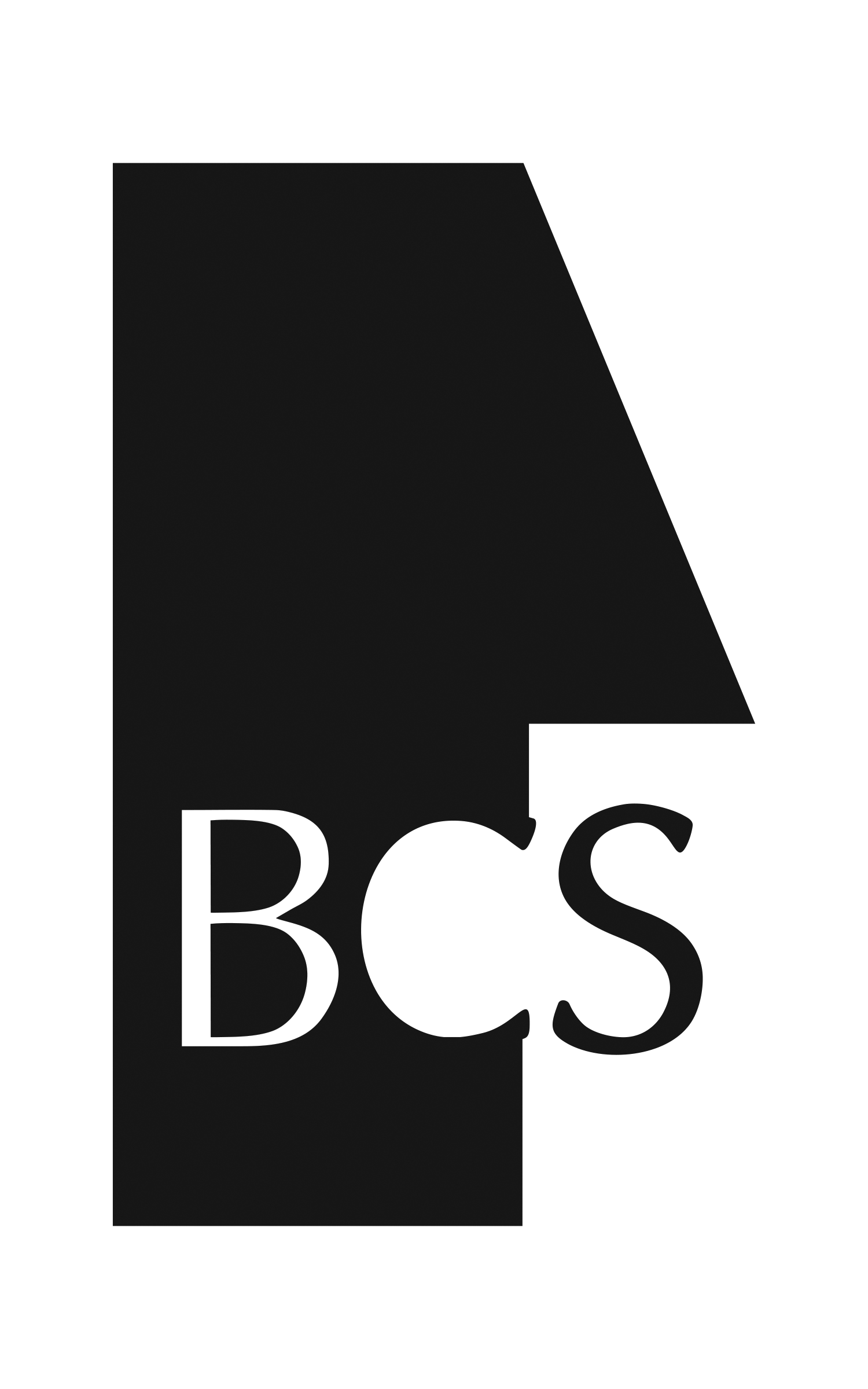The Bloomington Chamber Singers opened our 46th season with an all-Handel concert Friday evening, December 4th, at 7:30pm at the First Presbyterian Church.The concert brought together some of Handel's most performed works, which also, remarkably, share the characteristic of all being "firsts." Opening the concert were the magnificent four Coronation Anthems, Handel's first royal commission as a naturalized British subject, composed for the coronation of George II and Caroline in Westminster Abbey on October 11, 1727. The four anthems are, as one would expect, brilliant and resplendent. Set for chorus and orchestra (no soloists!), the works paint a stunning aural picture of the world of pomp and ceremony that accompanied the royal coronation of the British monarchy in the eighteenth century. Also on the program was the psalm setting Dixit Dominus, one of Handel's first choral compositions, composed in 1707 when he was twenty-two years old and had just arrived in Italy. Dixit Dominus is a choral tour de force, and shows the choral genius of the composer from the outset--a work full of complex counterpoint, dramatic word painting, and rich textures. The final work on the program was the joyful occasional work, the Utrecht Jubilate ("O be Joyful"), one of Handel's first compositions in English, composed for the Peace of Utrecht and performed at St. Paul's Cathedral on July 7, 1713. Our program booklet is here.
Here is the review of our concert in the Bloomington Herald-Times:
Uplifting holiday music and amplified sounds
- By Peter Jacobi H-T Reviewer | pjacobi@heraldt.com
Outside the First Presbyterian Church on Friday evening, it was raw and gloomy; a fog had settled in. Inside, the atmosphere was quite the opposite; the church was brightly lit and the music was joyous and triumphant.Conductor Gerald Sousa, his 51 courageous Bloomington Chamber Singers, an orchestra of 22 and five soloists filled the air with gorgeous music written by George Frideric Handel to mark celebrations: the four Coronation Anthems for the ascendance to the throne of George II in Westminster Abbey; the “Dixit Dominus” for a Roman Catholic Church patron while, as a young man, he lived in Italy, and the “Utrecht Jubilate,” conveniently composed as diplomats finalized a peace treaty at Utrecht to end the War of Spanish Succession.From the opening strains of “Zadok the Priest,” the first of the four anthems, the choir sang with clarity and power. There could be no question about the purpose for the music. Sousa and his collaborators captured the jubilation Handel sought to depict for those celebratory occasions.
For a Bloomington audience in 2015, it seemed appropriate to hear jubilant, upbeat music, this not only to mark the holiday season but to balance the grief and chill coming out of San Bernardino. The Coronation Anthems had a royal and also ecclesiastic tone. “Dixit Dominus” was Handel’s call to Vespers. The “Utrecht Jubilate” uses Psalm 100 to state its case: “O be joyful in the Lord, all ye lands: serve the Lord with gladness and come before his presence with a song.” Adding to the musical excellence were the soloists: sopranos Elizabeth McConnaughey and Daisy Schon, countertenor Andrew Rader, tenor Nicholas Fitzer, and bass-baritone Daniel Thomas Lentz. But the hardest workers were the members of the chorus, the chamber singers, who mastered Handel’s style and hardly ever stopped singing. It is our good fortune to have a community choir consistently challenged by its conductor and music director....(link)

